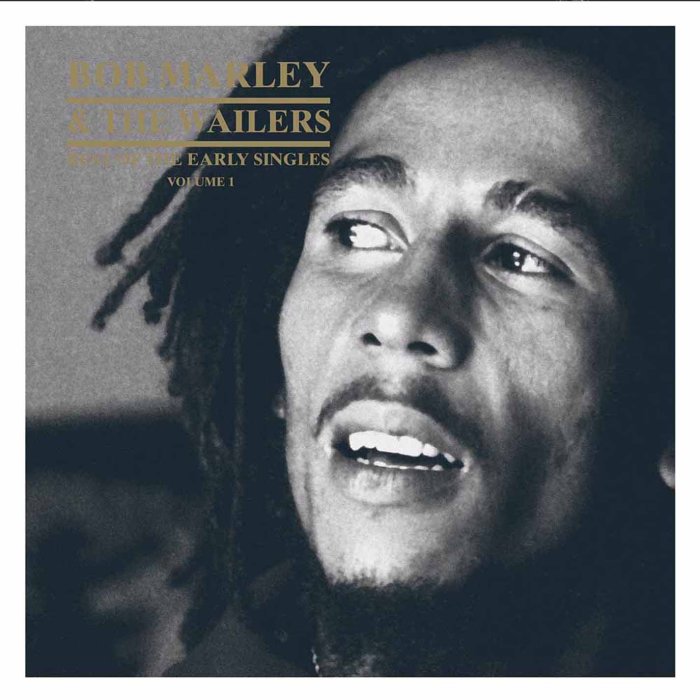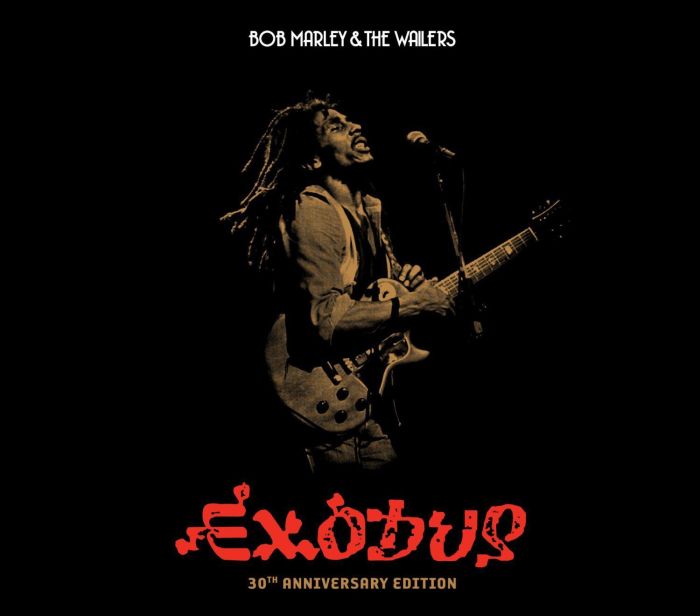Bob marley popularized this religion – Bob Marley’s iconic status as a reggae musician extended beyond his musical prowess; he became a global ambassador for the Rastafarian religion. Through his music, lifestyle, and international fame, Marley played a pivotal role in popularizing Rastafarianism and its core beliefs.
Marley’s embrace of Rastafarianism was deeply intertwined with his music. His reggae songs became a platform for expressing Rastafarian themes, such as the celebration of African heritage, the rejection of oppression, and the spiritual connection to nature.
1. Rastafarianism
The Religion Bob Marley Embraced

Rastafarianism, a unique Afrocentric religion, originated in Jamaica in the 1930s. Its core beliefs revolve around the divinity of Emperor Haile Selassie I of Ethiopia, who is revered as the “King of Kings” and the “Lion of Judah.”
Origins and Core Beliefs
Rastafarianism draws inspiration from the teachings of Marcus Garvey, a Jamaican-born activist who promoted Pan-Africanism and Black self-determination. Garvey’s ideas resonated with the marginalized black population of Jamaica, who saw in Selassie a symbol of hope and liberation.
Rastafarians believe that Selassie is the second coming of Jesus Christ and that Ethiopia is the promised land, or “Zion.” They emphasize the importance of living a natural and righteous life, rejecting the materialism and corruption of Western society.
Bob Marley’s Influence
Bob Marley, the iconic reggae musician, played a pivotal role in popularizing Rastafarianism globally. Through his music and lifestyle, Marley embodied the Rastafarian principles of peace, love, and unity.
Marley’s lyrics often reflected Rastafarian themes, such as the call for social justice in “Get Up, Stand Up” and the celebration of African heritage in “Africa Unite.”
2. Reggae Music
A Platform for Rastafarian Expression

Reggae music emerged in Jamaica in the 1960s as a fusion of traditional Jamaican music with American rhythm and blues. It became the soundtrack of the Rastafarian movement, providing a platform for its ideas and messages.
Connection to Rastafarian Culture, Bob marley popularized this religion
Reggae’s syncopated rhythms and soulful melodies resonated with the Rastafarian ethos of relaxation and spirituality. Its lyrics often conveyed Rastafarian beliefs, such as the call for unity and the denunciation of oppression.
Marley’s Global Impact
Bob Marley’s reggae songs became a global phenomenon, spreading Rastafarian ideas to audiences worldwide. His album “Exodus” (1977) is considered a masterpiece of reggae and a seminal work in the promotion of Rastafarianism.
Marley’s lyrics, such as “One Love” and “Redemption Song,” became anthems of peace and social justice, transcending cultural and linguistic barriers.
3. Bob Marley’s Impact on Global Awareness: Bob Marley Popularized This Religion

Bob Marley’s international fame brought unprecedented attention to Rastafarianism. His concerts and tours attracted massive crowds, introducing Rastafarian beliefs and culture to a global audience.
Raising Awareness
Marley’s concerts became platforms for promoting Rastafarianism. He used his music to spread messages of unity, love, and resistance against oppression.
His performances often featured Rastafarian imagery, such as the Ethiopian flag and the red, gold, and green colors of the Rastafarian movement.
Collaborations and Spread
Marley’s collaborations with other musicians, such as Peter Tosh and Bunny Wailer, further amplified the reach of Rastafarianism. Their songs, such as “Three Little Birds” and “Legalize It,” became global hits, carrying Rastafarian messages to a wide audience.
4. The Legacy of Bob Marley and Rastafarianism
Bob Marley’s legacy continues to inspire Rastafarians worldwide. His music and message remain central to the Rastafarian movement, providing a source of hope, empowerment, and spiritual guidance.
Enduring Impact
Marley’s music continues to resonate with Rastafarians, who find in his lyrics a reflection of their beliefs and aspirations. His songs have become a soundtrack for Rastafarian gatherings and a source of spiritual inspiration.
Evolution and Adaptation
Since Marley’s time, Rastafarianism has evolved and adapted, incorporating new influences and perspectives. However, the core principles of the religion, such as the divinity of Haile Selassie I and the importance of living a righteous life, remain intact.
FAQ Insights
How did Bob Marley’s music contribute to the popularization of Rastafarianism?
Marley’s reggae songs incorporated Rastafarian themes and messages, spreading them to a global audience. His lyrics celebrated African heritage, advocated for social justice, and expressed spiritual beliefs.
What are the core beliefs of Rastafarianism?
Rastafarianism is a monotheistic religion that reveres Emperor Haile Selassie I of Ethiopia as the embodiment of God. It emphasizes the importance of African liberation, self-reliance, and living in harmony with nature.
How did Bob Marley’s international fame impact the spread of Rastafarianism?
Marley’s global tours and concerts brought Rastafarianism to the attention of millions worldwide. His collaborations with other musicians further amplified the reach of the religion, contributing to its international recognition.